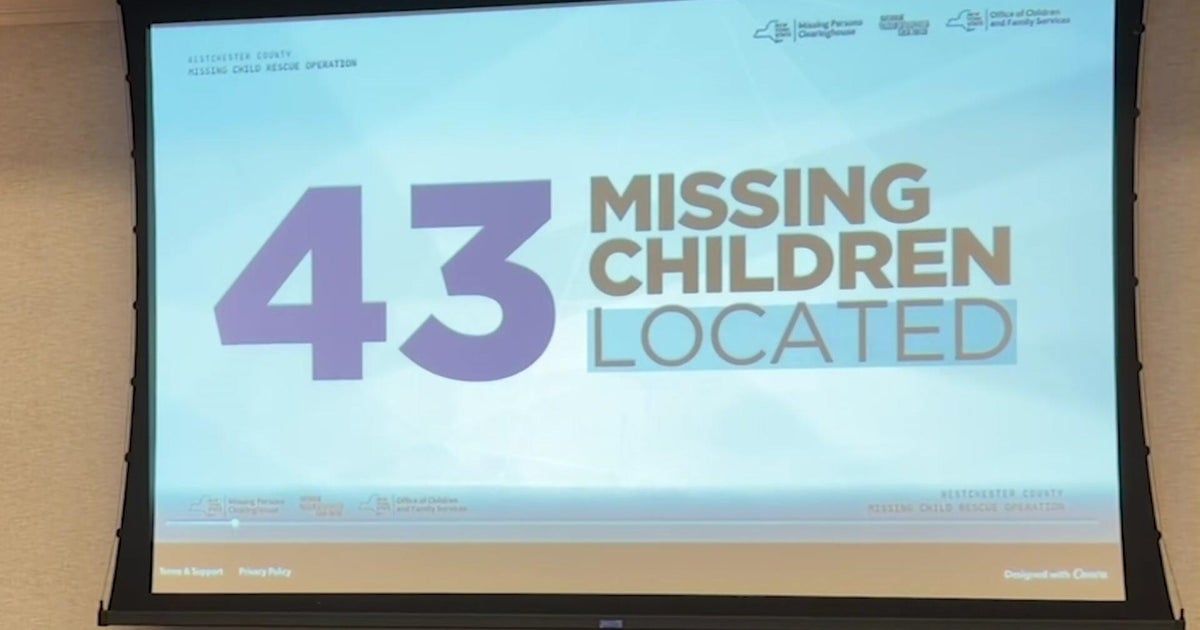When to revisit your life insurance coverage
Many American adults have life insurance protection through their employers. Many others also have a supplemental plan to fill in any gaps left by the employer-provided plan.
But just having life insurance often isn't good enough. It's critically important to have the right type of policy for the right amount. After all, life insurance should not be treated as just another bill you pay each month. The value of having life insurance lies in its ability to support your beneficiaries after you have passed - so it pays to get it right.
Your policy should evolve with you. Maybe you need more coverage now but won't need as much in the future or vice versa. A whole life insurance policy may be better at one point in your life while a term plan would be beneficial at other times.
Not sure when or if you should revisit your coverage? Fortunately, there are some reliable milestones policyholders can use as a guide.
If you're in the market for life insurance or want to boost the protection you already have, then speak to a life insurance expert now who can get you started.
3 times to revisit your life insurance coverage
Here are three times to revisit your life insurance to make sure it's commensurate with your needs and goals.
After you've gotten married
Whether you're single or married it makes sense to have life insurance. Once you've gotten married, however, it becomes even more important to have, particularly if you and your spouse are accustomed to splitting the bills. You don't want to leave your partner short-changed should something happen to you.
Fortunately, for younger people, there are cost-effective and reliable policies to choose from. If you're young, healthy and willing to take a medical exam to prove it, you could potentially get a policy for hundreds of thousands of dollars. You may even be eligible for a policy worth $1 million or more. The key is to get it at the right time with the right provider.
After you've gotten married is one of those times. So speak with an expert now.
After you've purchased a home
The biggest expense for most American adults is their home. And while home prices vary significantly from state to state, the median home sale price actually rose to $384,800 in September.
Add in the fact that most mortgages are tied to 30-year loans and it's easy to see how important it is to have the right financial support. So once you've purchased a home you should revisit your life insurance coverage.
It's very possible that you already have enough coverage to pay off the home in the event of your death. But you also may be short. Review what you have and see if it's enough. Life insurance is designed to ease the financial burdens of beneficiaries after the policyholder has died. So, if you're a homeowner, make sure your policy is robust enough to do just that.
After you've had children
As you age and your responsibilities increase you should make sure that your financial protection grows alongside you. Having children is one of those times.
If you were single or married then your financial responsibilities to other people were relatively limited. But once you have children you will have expenses to pay for years (if not decades). So you'll want to have enough life insurance in place to make those payments even in your absence.
Many people get a plan to cover potential college expenses. While that's normally OK it should be considered the minimum. There are many expenses between the time a baby is born and the first semester of college - so make sure you have life insurance for all stages to be safe.
The bottom line
The benefits of life insurance are multiple and significant. You don't want to lose those benefits by not having enough coverage.
Speak with a life insurance expert now to revisit your plan.




